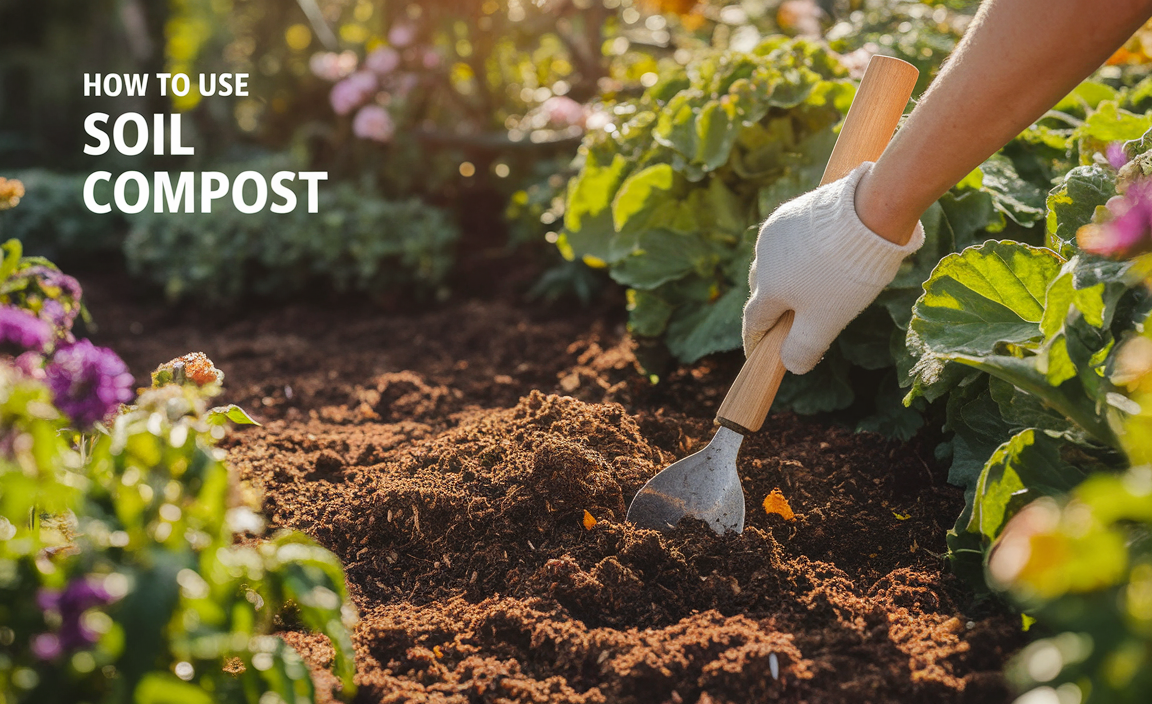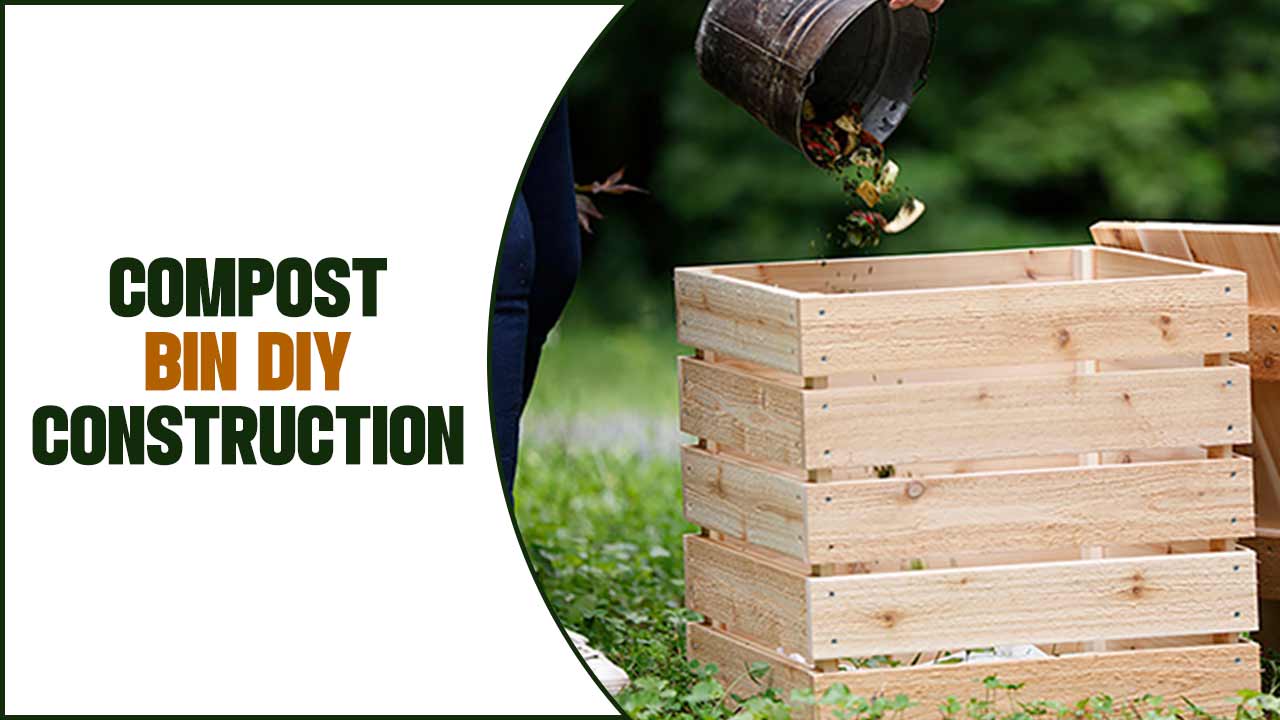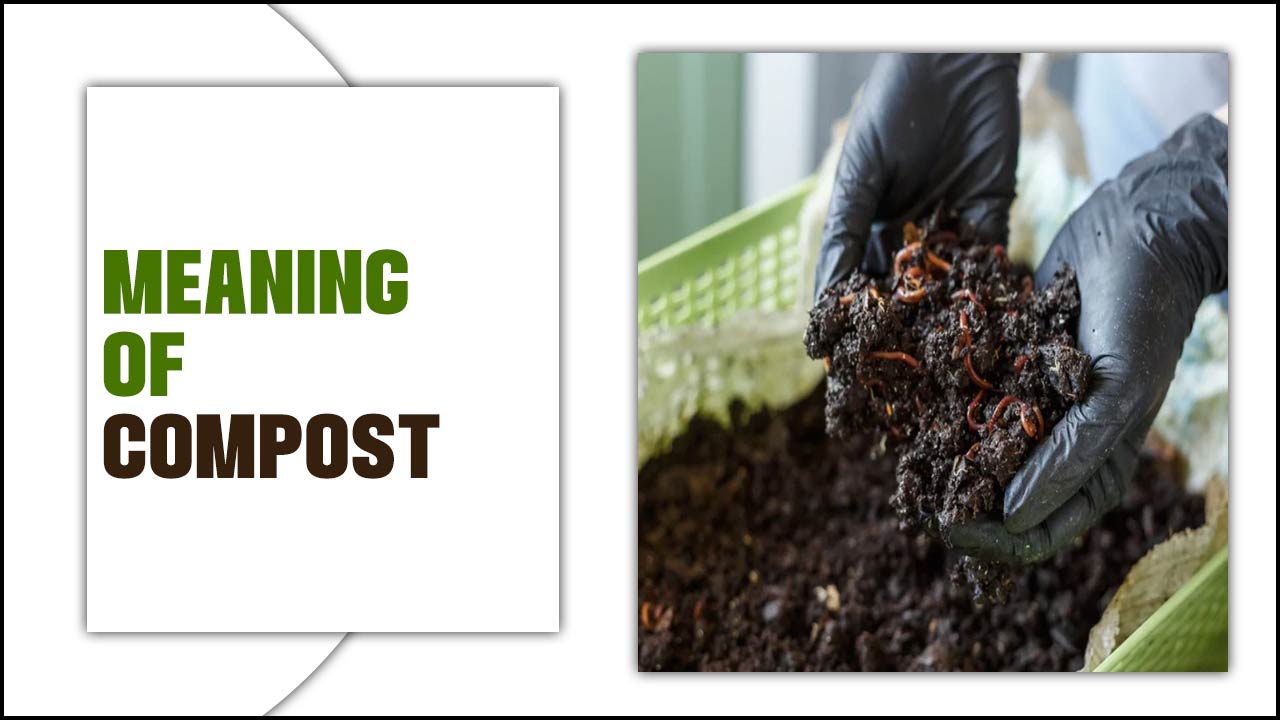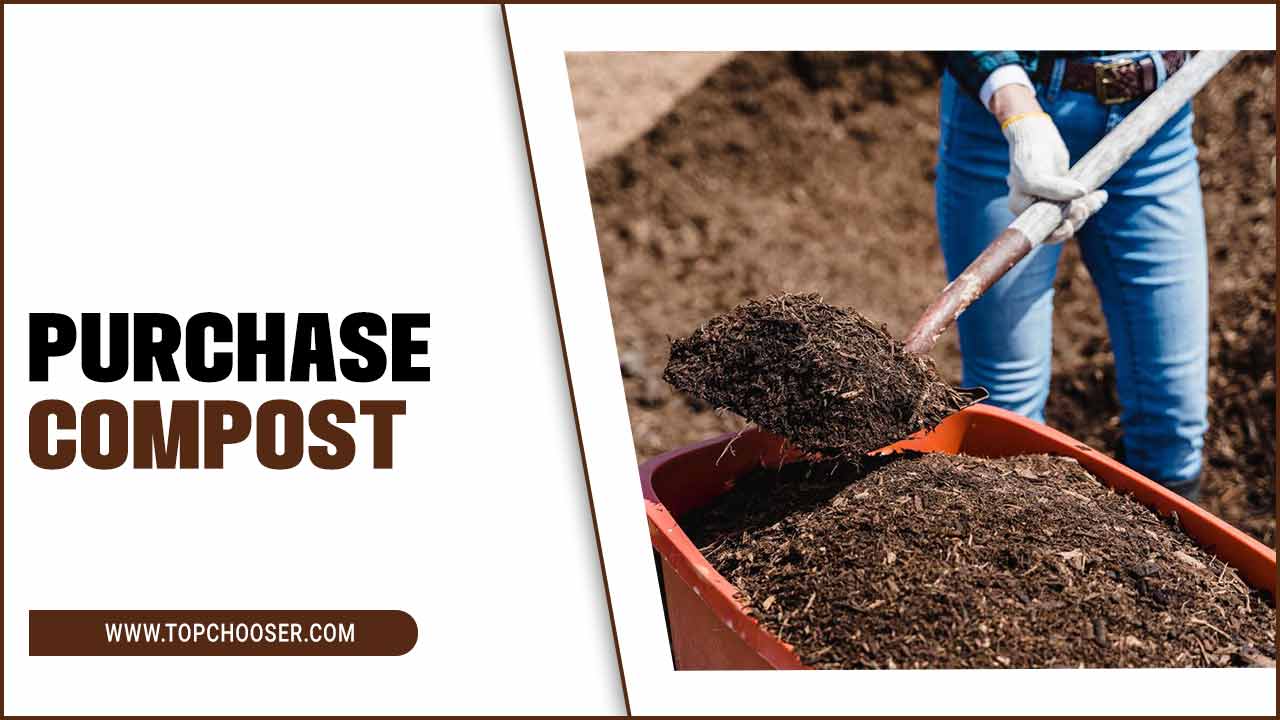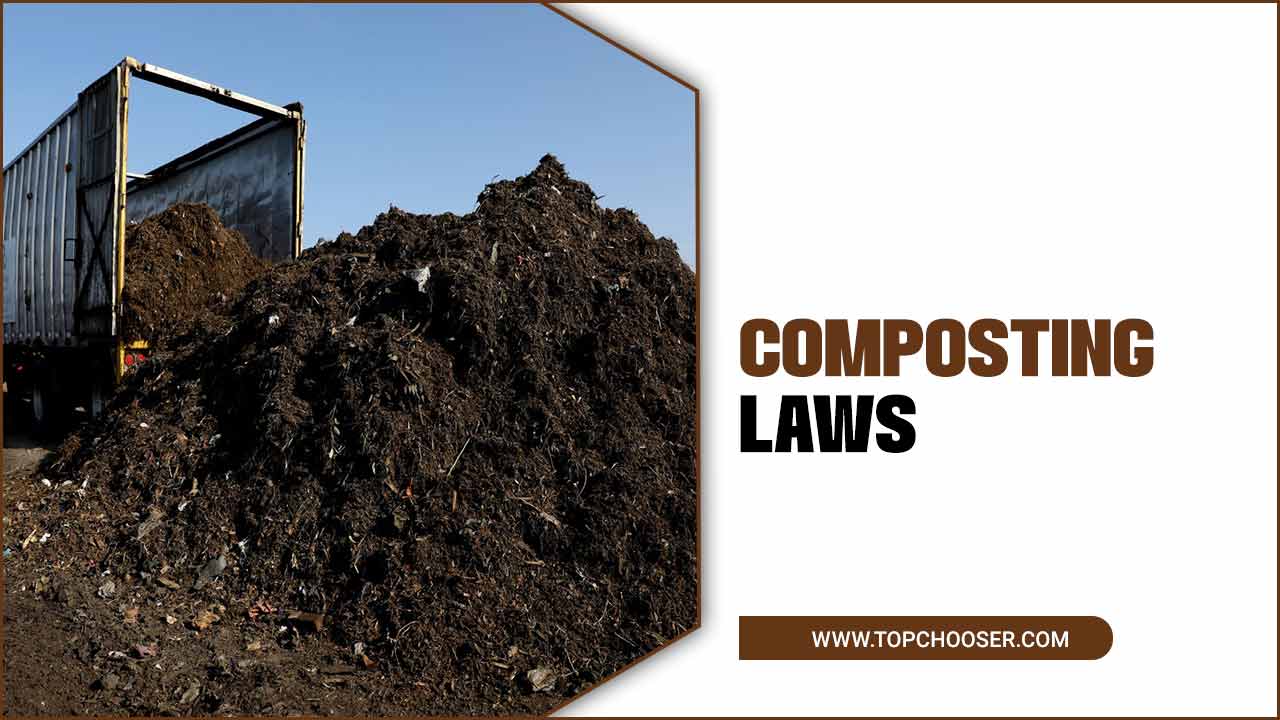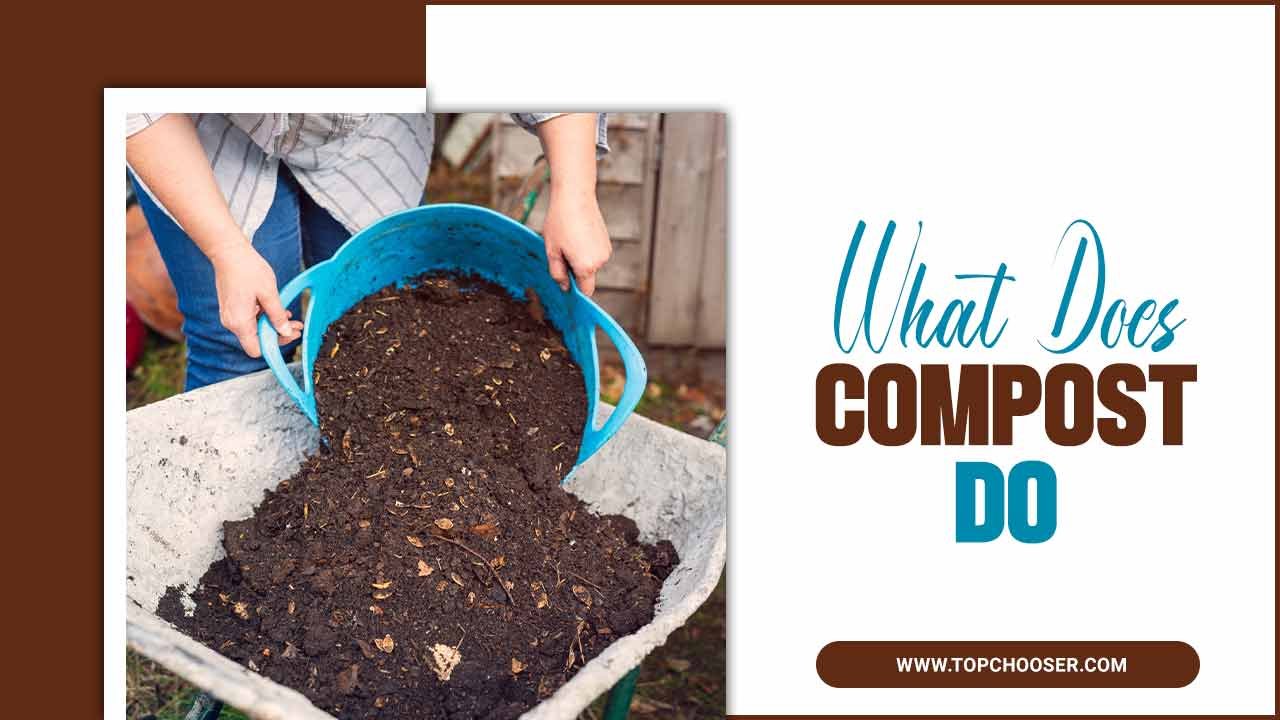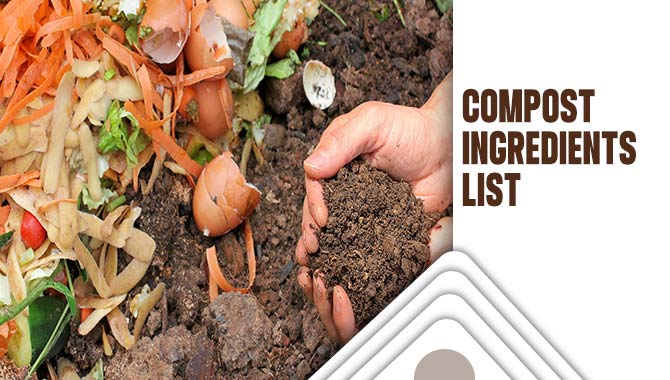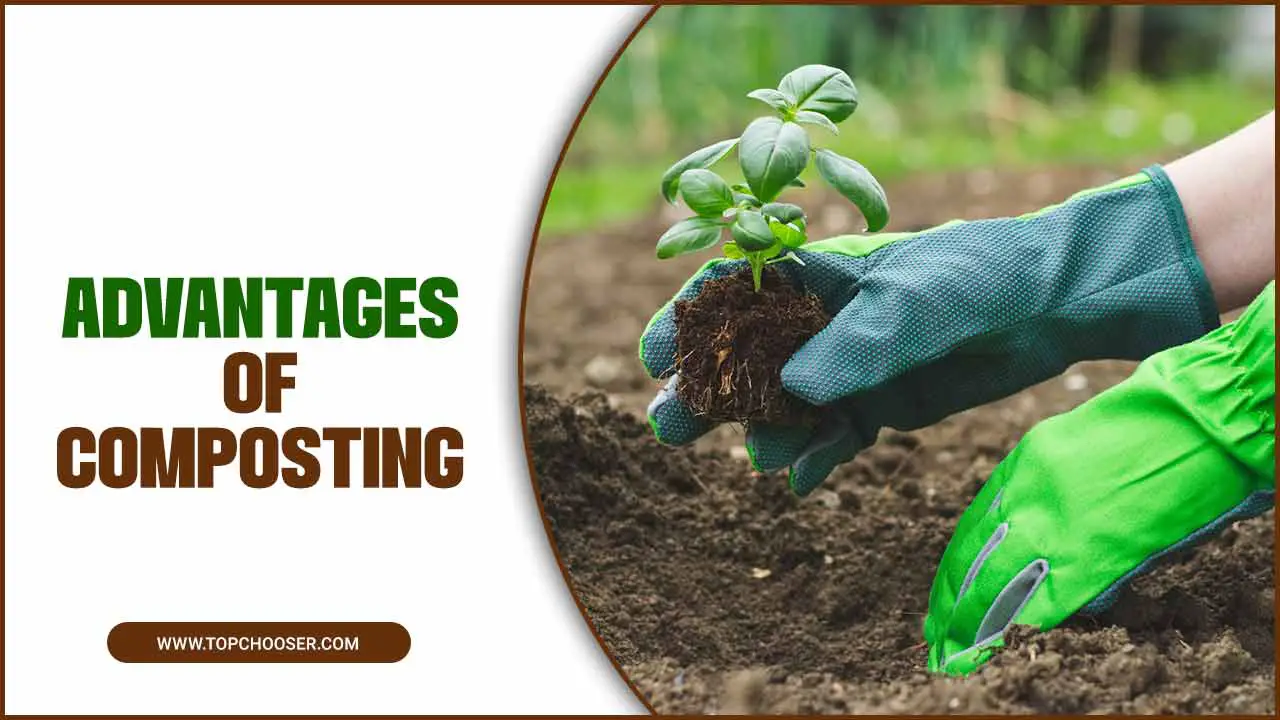Composting is a popular and easy way to reduce waste, save money and improve the health of your garden. But many beginners make common mistakes that can lead to unpleasant odors, pest problems, and a lack of nutrient-rich soil.
Following basic dos and don’ts is important to ensure your compost is effective and efficient. In this blog post, we’ll explore the best practices for composting, including what to add to your pile. Maintaining the right balance of carbon and nitrogen and troubleshooting common issues.
We’ll also cover what you should avoid when composting, such as adding meat or dairy products, using synthetic fertilizers, or allowing the pile to dry or too wet. We’ll be composting Dos and Don’ts whether you’re a seasoned composter or just starting. This guide will give you all the information you need to create healthy. Thriving compost that will benefit your garden and the environment. So grab your pitchfork, and let’s get started!
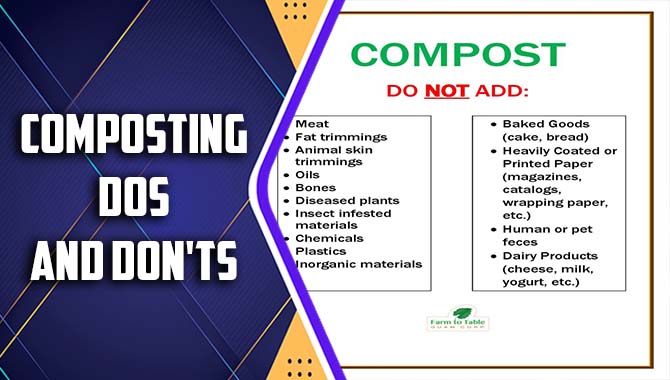
Composting Dos And Don’ts – Comprehensive Guide
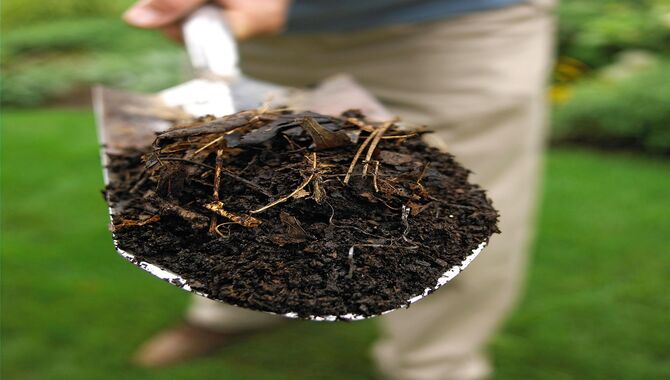
Composting is a sustainable way to manage organic waste. It reduces the amount of waste going into landfills and produces nutrient-rich soil for gardening and farming. However, it is important to know the composting dos and don’ts to ensure the process is efficient and effective.
Dos When Composting
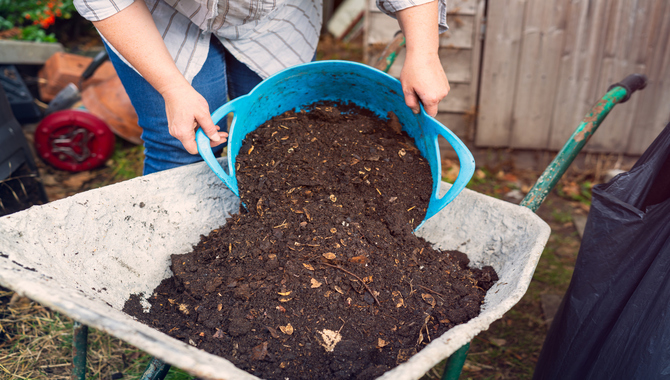
When composting, here are some important dos:
- Choose the right location: Select a suitable spot for your compost pile or bin. It should be well-drained and easily accessible for adding and turning the compost.
- Collect various organic materials: Gather a mix of green and brown organic materials. Green materials include fruit and vegetable scraps, coffee grounds, tea bags, and grass clippings. Brown materials include dry leaves, straw, shredded paper, and wood chips. Aim for a balance of approximately 3 parts brown to 1 part green.
- Chop or shred larger materials: To speed up the decomposition process, cut or shred larger items into smaller pieces. This increases the surface area, allowing microorganisms to break them down more efficiently.
- Layer the materials: Alternate layers of green and brown materials in your compost pile. This helps with airflow and prevents the pile from becoming too wet or compacted. Start with a layer of brown materials as the base.
- Add water: Keep your compost moist but not waterlogged. The pile should feel like a damp sponge. Regularly sprinkle water over the materials, especially during dry periods, to maintain proper moisture levels.
- Turn or aerate the compost: Use a garden fork or compost turner to mix and aerate the pile every few weeks. This helps distribute oxygen and promotes decomposition. Turning the compost also prevents foul odors and encourages even breakdown.
- Monitor the temperature: A properly functioning compost pile will generate heat as microorganisms break down the materials. Aim for a temperature between 120°F (49°C) and 160°F (71°C). If it gets too hot, turn the pile to cool it down. If it’s too cold, add more green materials to increase the nitrogen content.
- Keep out pests: Avoid adding meat, dairy products, oily foods, or pet waste to your compost, as they can attract pests. Instead, focus on vegetable and plant-based materials. Use a covered bin or secure your compost pile with wire mesh to deter rodents and other animals.
- Be patient: Composting takes time. Depending on the materials used and the conditions, compost can take several months to a year to fully decompose. Regularly monitor the progress and adjust as needed.
- Use the finished compost: Once it has turned into dark, crumbly, and earthy-smelling soil, it’s ready to use. Apply it to your garden beds, mix it with potting soil for container plants, or spread it as a top lawn dressing.
Composting is a natural process, so don’t worry too much about perfecting everything. Enjoy the journey of recycling organic waste and contributing to a healthier environment.
Don’t When Composting
When composting, there are certain things you should avoid doing to ensure that the composting process is efficient and effective. Here are some “do nots” when it comes to composting:
- Do not add meat, dairy, or oily foods: These items can attract pests, create odor problems, and take longer to break down. It’s best to stick to plant-based materials in your compost.
- Do not add pet waste: Pet feces may contain harmful bacteria and parasites that can survive in the compost and pose health risks. It’s better to avoid adding pet waste to your compost pile.
- Do not add weeds that have gone to seed: Weeds that have already produced seeds can spread and germinate in your compost, causing more weed problems when you use the compost in your garden. It’s best to dispose of these weeds separately.
- Do not add treated wood or sawdust: Treated wood may contain chemicals that can harm plants or people when the compost is used. Similarly, sawdust from chemically treated wood should be avoided.
- Do not add large branches or woody materials: Composting works best when broken down into smaller pieces. Large branches or woody materials take longer to decompose and can slow down the composting process.
- Do not neglect the balance of carbon and nitrogen: Composting requires a balance of carbon-rich “browns” (such as dry leaves, straw, or shredded paper) and nitrogen-rich “greens” (such as grass clippings, vegetable scraps, or coffee grounds). Avoid adding too much of one type without the other, as it can affect composting.
- Do not forget to turn the pile: Regularly turning the compost pile helps with aeration and decomposition. Neglecting to turn the pile can result in slower decomposition and unpleasant odors.
- Do not let the compost pile dry out: Composting organisms require moisture to thrive. If the pile becomes too dry, decomposition slows down. On the other hand, excessive moisture can lead to a smelly, anaerobic (lacking oxygen) pile. Aim for a moist but not soggy compost pile.
- Do not use chemical pesticides or herbicides on compost materials: Chemical residues from pesticides or herbicides can persist in the compost and harm beneficial organisms. It’s best to use organic materials and avoid treating them with chemicals.
By avoiding these common mistakes, you can ensure a successful composting process that results in nutrient-rich compost for your garden.
Benefits Of Composting
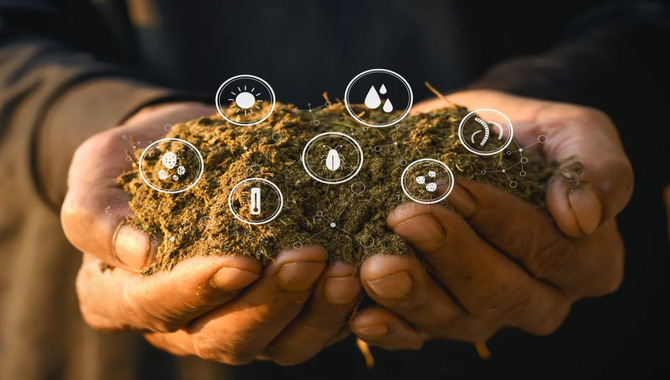
Composting is a natural process that involves breaking down organic materials into a nutrient-rich soil amendment that can use in gardens, lawns, and farms. The benefits of composting are numerous and significant. For starters, composting reduces the amount of waste in landfills.
This helps reduce greenhouse gas emissions and slow the rate of climate change. Additionally, composting enriches the soil and improves soil structure, leading to healthier plants, increased crop yields, and reduced water usage. Composting also helps to control soil erosion and can reduce the need for chemical fertilizers and pesticides by diverting organic waste from landfills.
Composting also helps to conserve landfill space and reduce the need for costly waste management solutions. Plus, composting is also a great way to educate people about the importance of environmental stewardship and the benefits of sustainable living. Composting is a simple and effective way to reduce waste, improve soil health, and promote a more sustainable future.
Troubleshooting Common Composting Problems
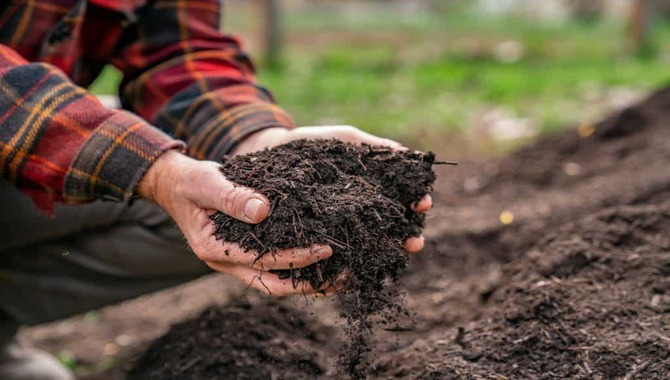
Composting is a great way to reduce waste and create nutrient-rich soil for your garden, but it can come with its fair share of problems. One common issue is the presence of pests such as fruit flies or rodents. To combat this, ensure you do not add too many food scraps and regularly turn the compost.
Another common problem is a foul odor emanating from your compost bin. This may be due to an imbalance of nitrogen and carbon or too much moisture. To fix this, add more dry materials, such as leaves or straw, and ensure the compost is not too wet.
Another issue that may arise is a lack of heat in your compost pile, which can slow down the decomposition process. This may be due to insufficient green materials or a lack of airflow. To solve this, add more fresh plant material and ensure you turn the compost regularly to promote airflow.
Harvesting And Using Compost
Harvesting and using compost is a great way to reduce waste and improve soil health. Composting breaks down organic matter, such as food scraps, yard waste, and paper products, into nutrient-rich soil. Once the compost is ready, it can harvested and used in various ways.
One way to use compost is to apply it to garden beds or potted plants to improve soil quality and provide plants with essential nutrients. Another way is to use it as a mulch to help retain moisture and suppress weeds.
Compost can also be used as a top lawn dressing to improve soil structure and promote healthy grass growth. Harvesting compost is a simple process that involves sifting out large pieces of material that have not yet fully decomposed. The finished compost can then stored in a bin or pile until it is ready to use.
Sustainable Composting Practices
Sustainable composting practices are becoming increasingly popular as more and more people recognize the importance of reducing waste and preserving the environment. Composting is an excellent way to recycle organic materials and create nutrient-rich soil for plants and gardens.
However, not all composting methods are sustainable, and some can harm the environment. Following specific guidelines and using the right techniques are essential to ensure sustainable composting practices. For instance, one should avoid composting meat, dairy, and oily food waste, which can attract pests and produce unpleasant odors.
Instead, stick to composting plant-based materials like fruit and vegetable scraps, leaves, and grass clippings. Furthermore, turning the compost pile regularly and keeping it moist to promote decomposition is crucial. And prevent the buildup of harmful gases. Another way to make composting more sustainable is to use a compost bin or tumbler. Which helps contain the waste and speeds up the composting process.
Conclusion
We hope you now understand Composting Dos and Don’ts. Composting Dos and Don’ts Composting is an easy and effective way to reduce waste and benefit the environment. Following the dos and don’ts of composting ensures that your compost pile works efficiently and effectively. Remember to add a variety of organic materials. Keep your pile moist but not too wet, and turn the pile regularly to promote aeration.
Avoid adding meat, dairy, and oily foods, as well as any materials that have been treated with pesticides or herbicides. Following these simple guidelines, you can turn your kitchen and yard waste into nutrient-rich compost for your garden and reduce your carbon footprint.
Frequently Asked Questions
[rank_math_rich_snippet id=”s-70735512-3fcc-4944-8e33-eb08ae271aaf”]

I am passionate about home engineering. I specialize in designing, installing, and maintaining heating, ventilation, and air conditioning systems. My goal is to help people stay comfortable in their homes all year long.

